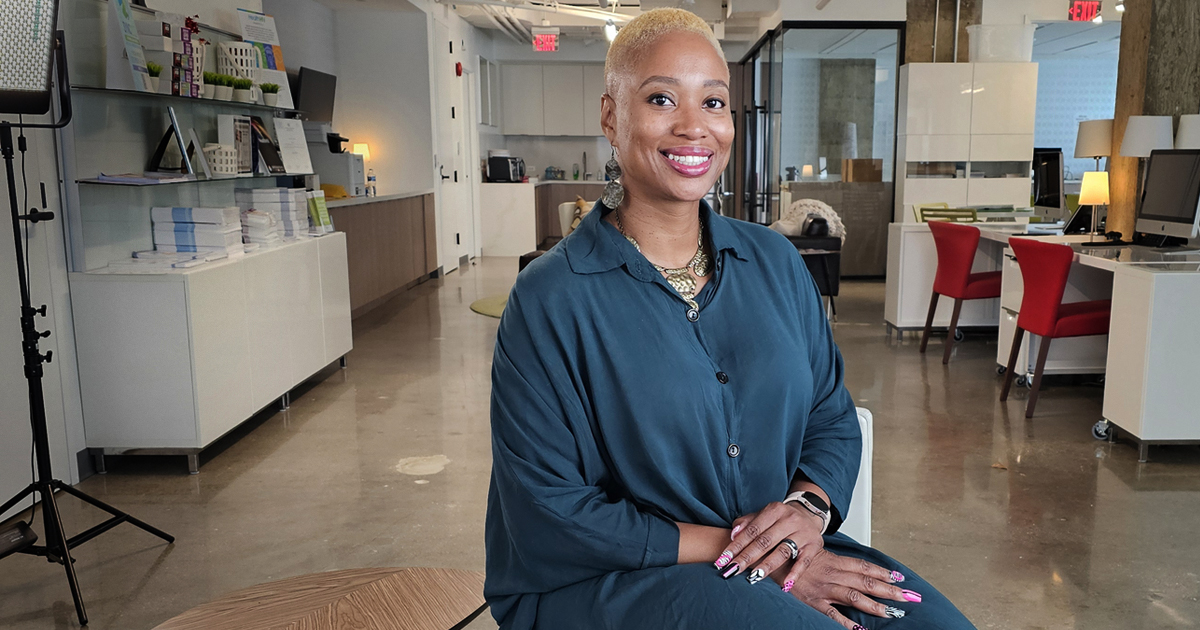
The Well Project interviews community advisory board member, A Girl Like Me blogger, and organizational partner Lynette Trawick for our "Spotlight: Women Making a Difference" series.
How did you learn about The Well Project?
I learned about The Well Project in 2018 after my friend Ci Ci became a blogger on A Girl Like Me. She encouraged me to start blogging too, because she saw something in me that I had not yet seen in myself. I joined as a blogger in April 2019, and since then The Well Project has been part of my journey as both a source of connection and a place where my voice could grow.
What impact has The Well Project had on you?
The Well Project has given me spaces to show up as my full self. Through A Girl Like Me LIVE, I was featured a few times, once with other women living with HIV, once with my husband, and once with my mother-in-law. Each moment showed different parts of my life and reminded me of the power of sharing our stories. I am also encouraged every time I read the blogs of other women. Their words remind me that I am not alone and that our strength grows when we lift each other up.
Can you share a story that illustrates how you have been successful in working with women living with HIV?
At Beyond My Diagnosis 2023, I highlighted 15 Black women bloggers and their stories. They were not in the room, but I displayed their photos with QR codes so people could scan and read their words. Watching attendees pause to engage with those stories reminded me how important it is to create space for women’s voices, even when they cannot be present.
Can you describe an experience in your advocacy or personal life of which you are particularly proud?
I am especially proud of creating the Sis, Me Too Retreat. It started as just an idea I had one day, but I could see the need for it. At first, we did not have funding for it, but I worked to make sure everything was covered so that the women could attend without worrying about the cost of anything. Watching them really lean into the experience reminded me that when we follow through on our ideas, even the ones that seem impossible at first, we can create spaces that truly change lives.
Do you think women living with HIV face unique challenges?
Yes. Many women carry multiple roles as mothers, caregivers, workers, and leaders, and our health often comes last. Stigma also weighs heavily, along with issues of reproductive health, relationships, poverty, and mental health. Too often, women living with HIV are invisible in the larger conversation, and that invisibility creates isolation, which further continues the cycle.
Do you work to address those challenges through your work?
Yes. Through my nonprofit I Am U, we focus on empowering women impacted by HIV, violence, and other traumas. We provide prevention services, health education, and community building spaces that are culturally sensitive and healing centered. My goal is always to pair education with empowerment so women walk away with resources and a renewed sense of power and worth.



